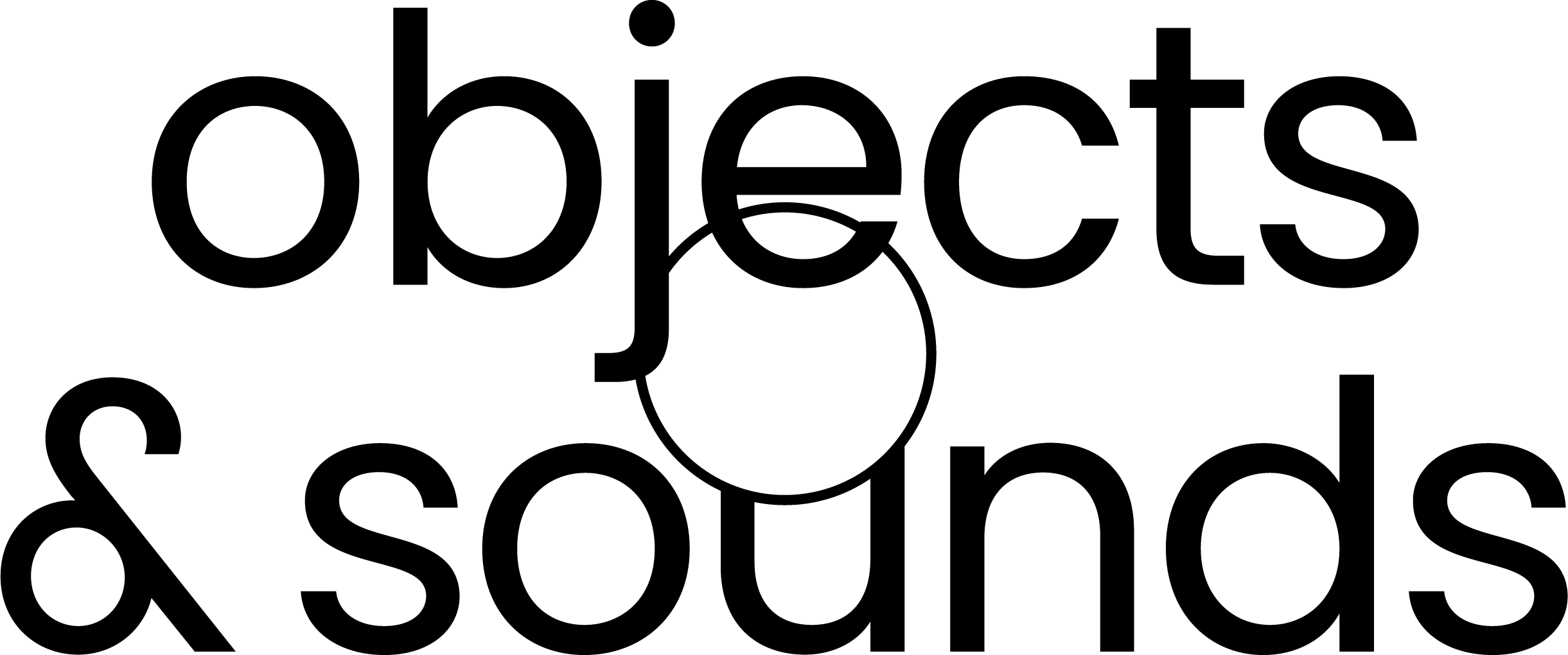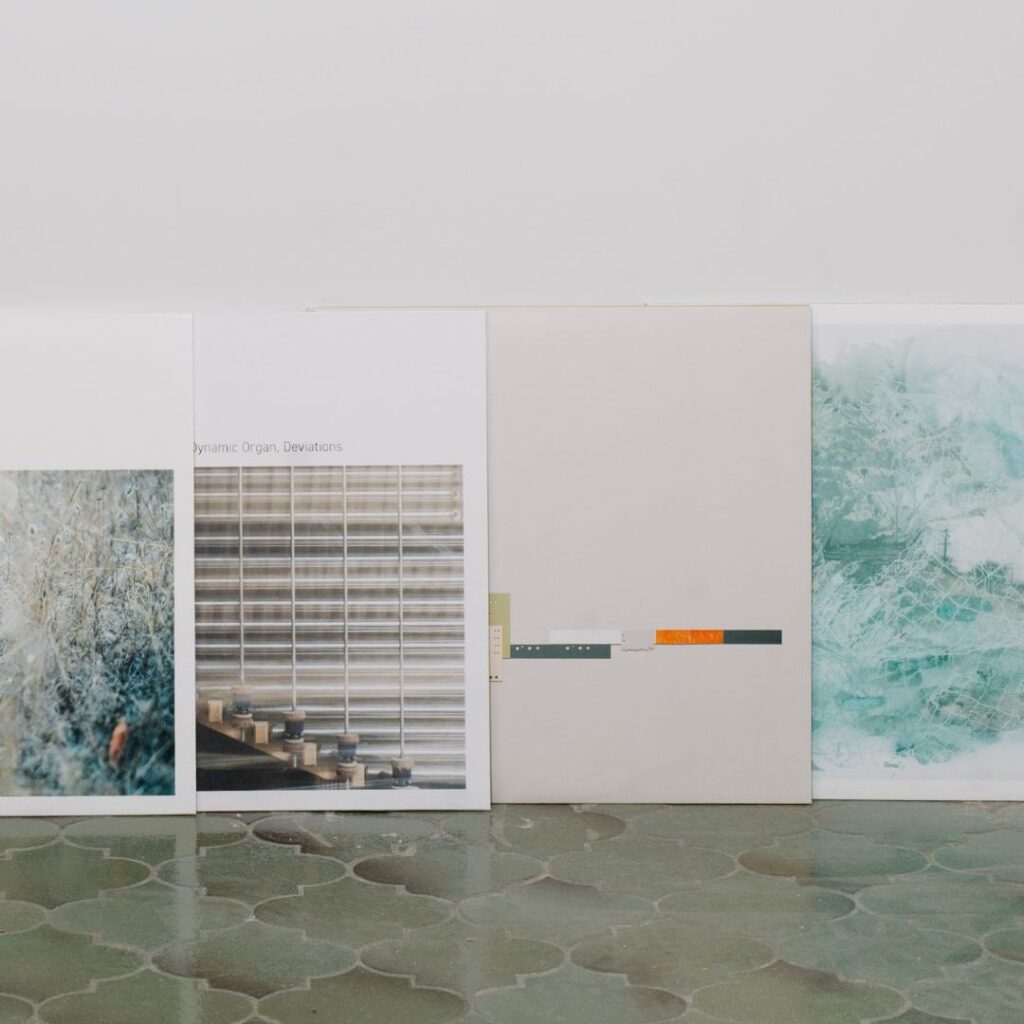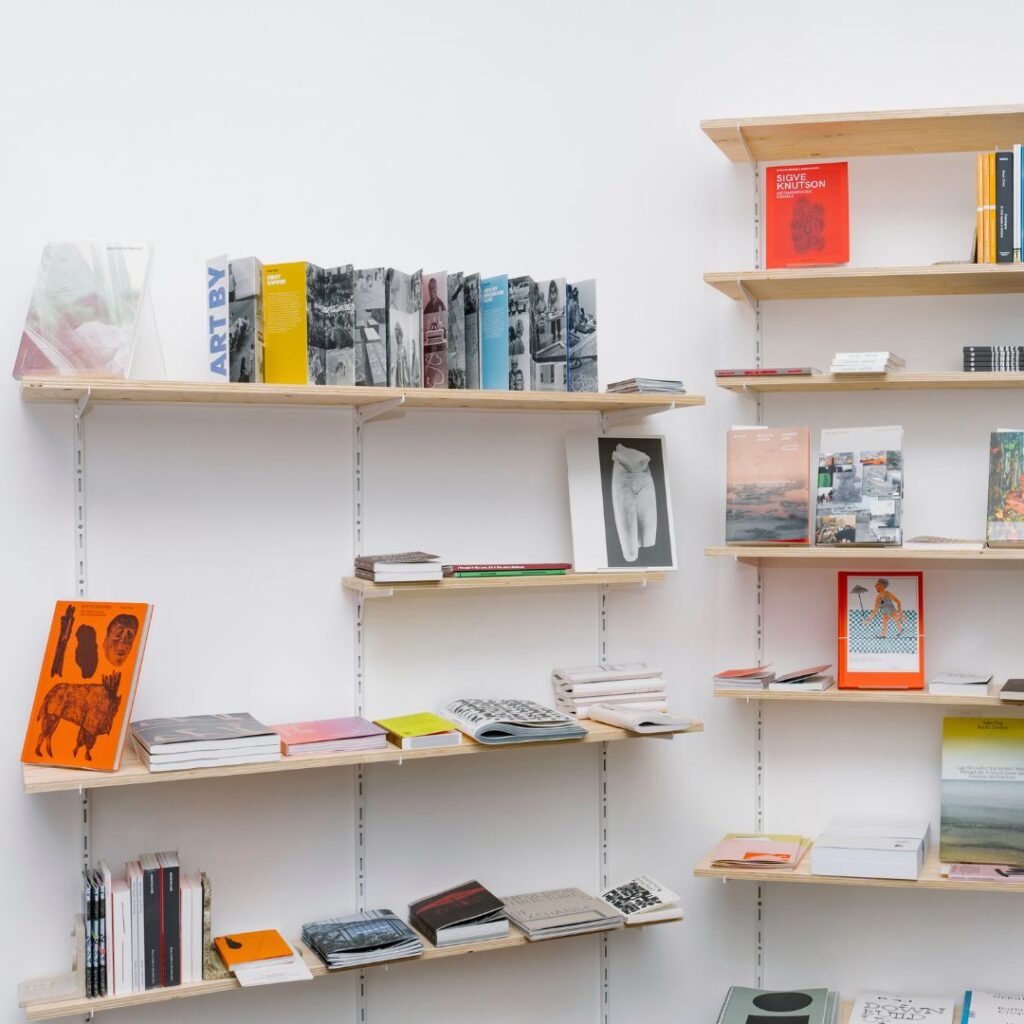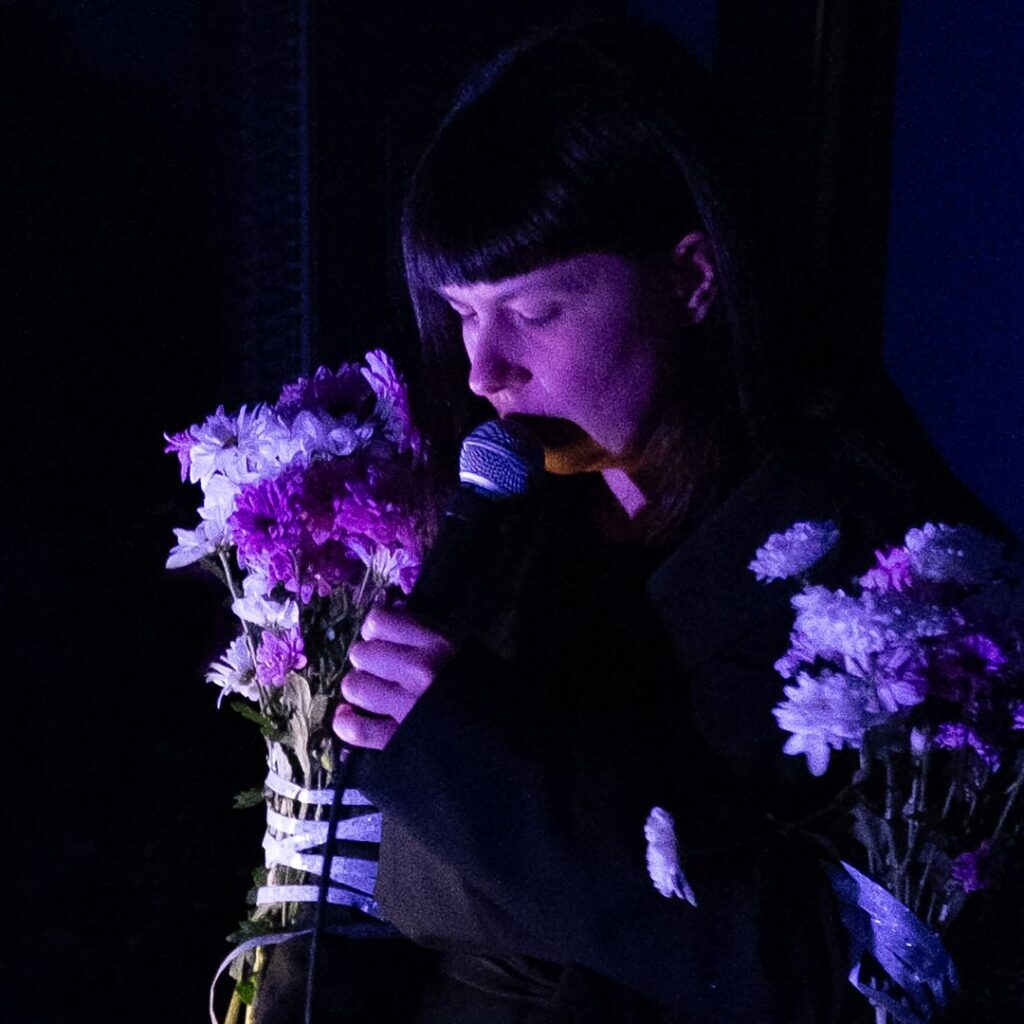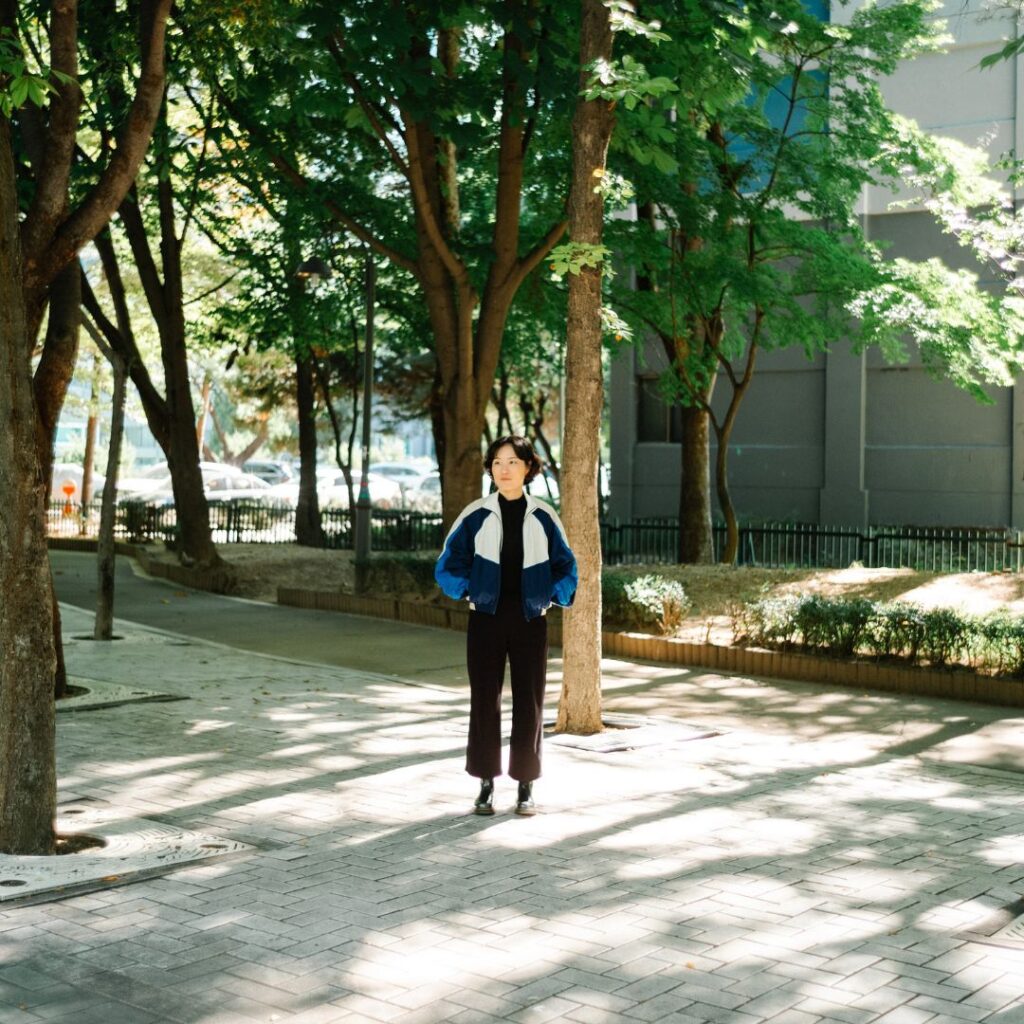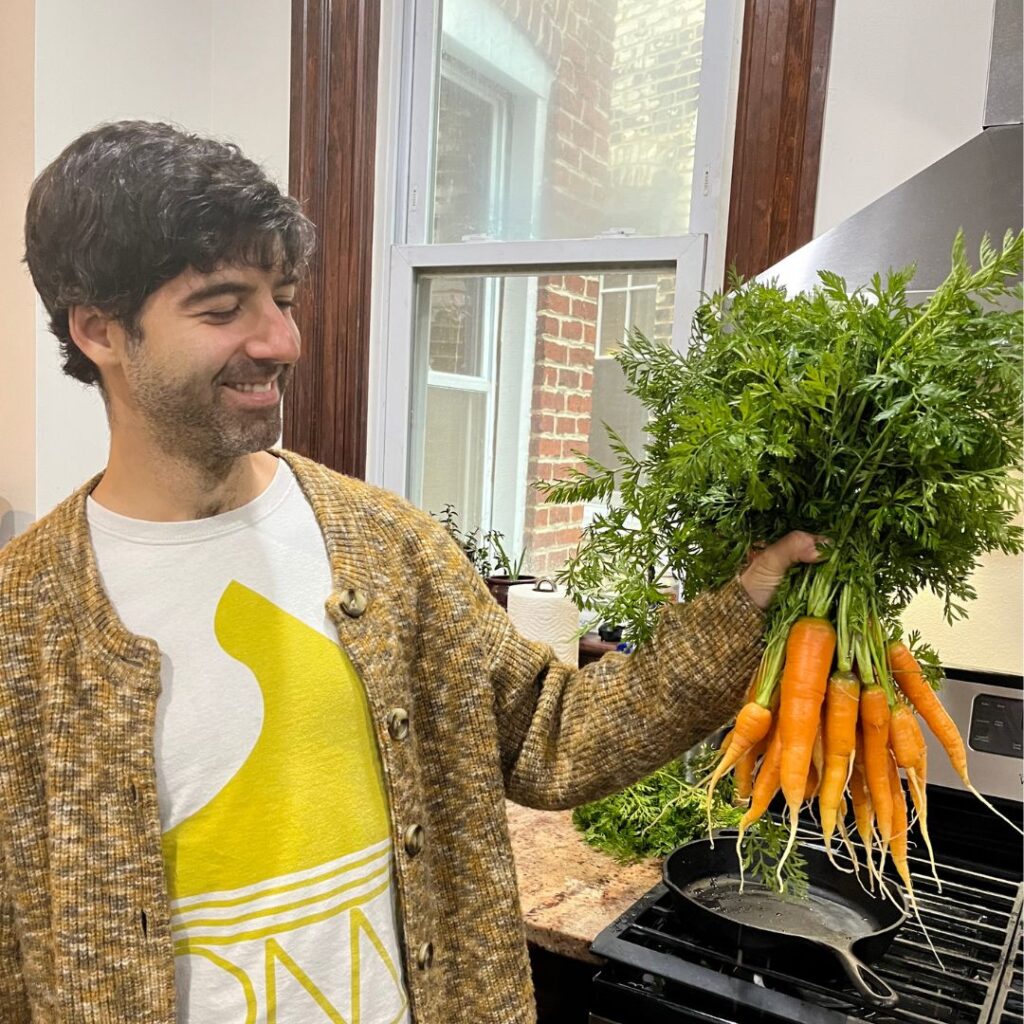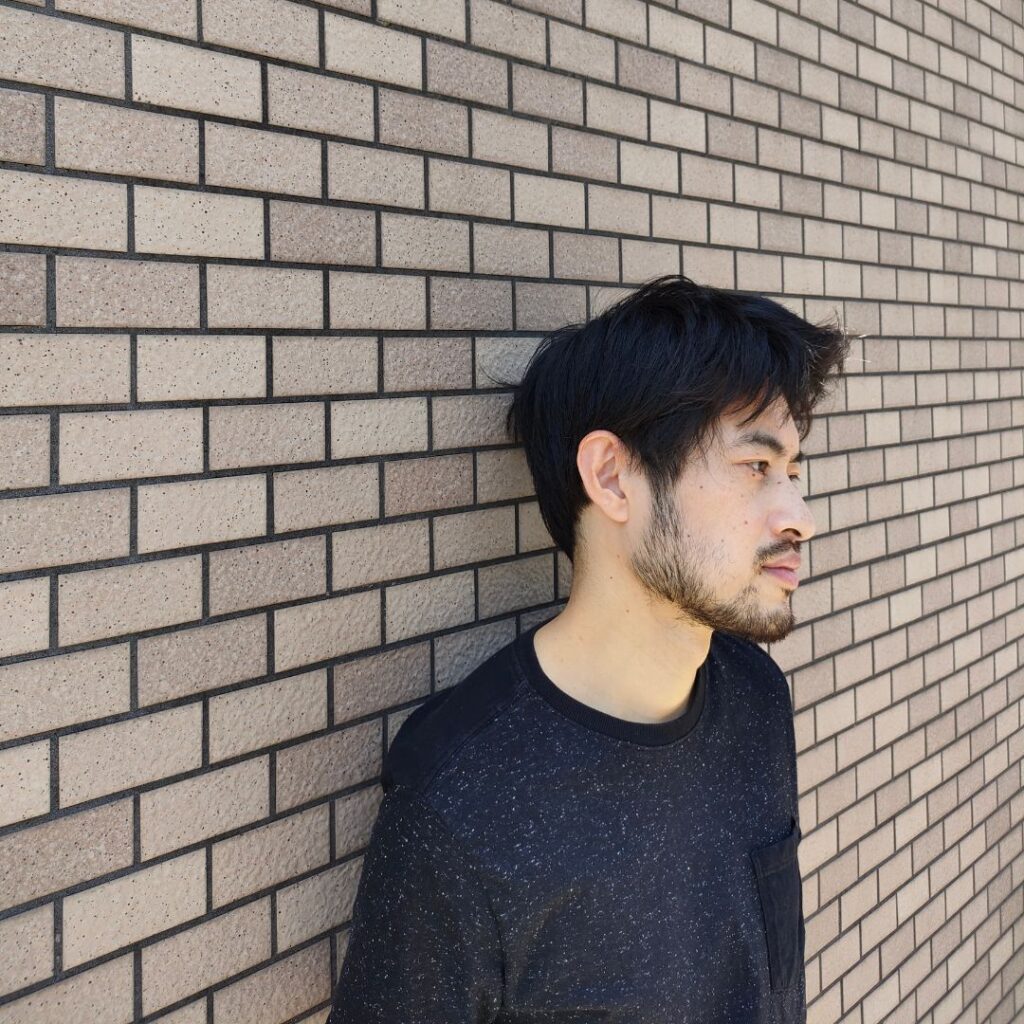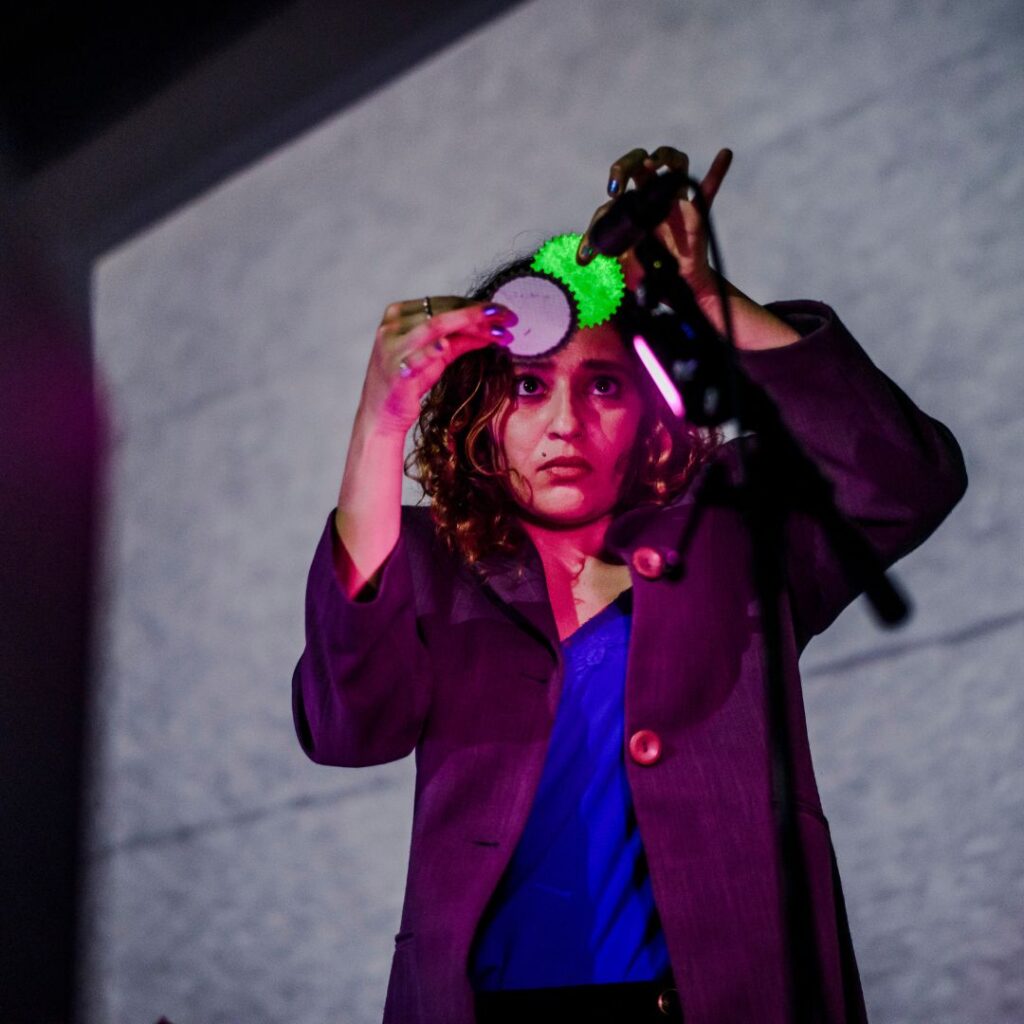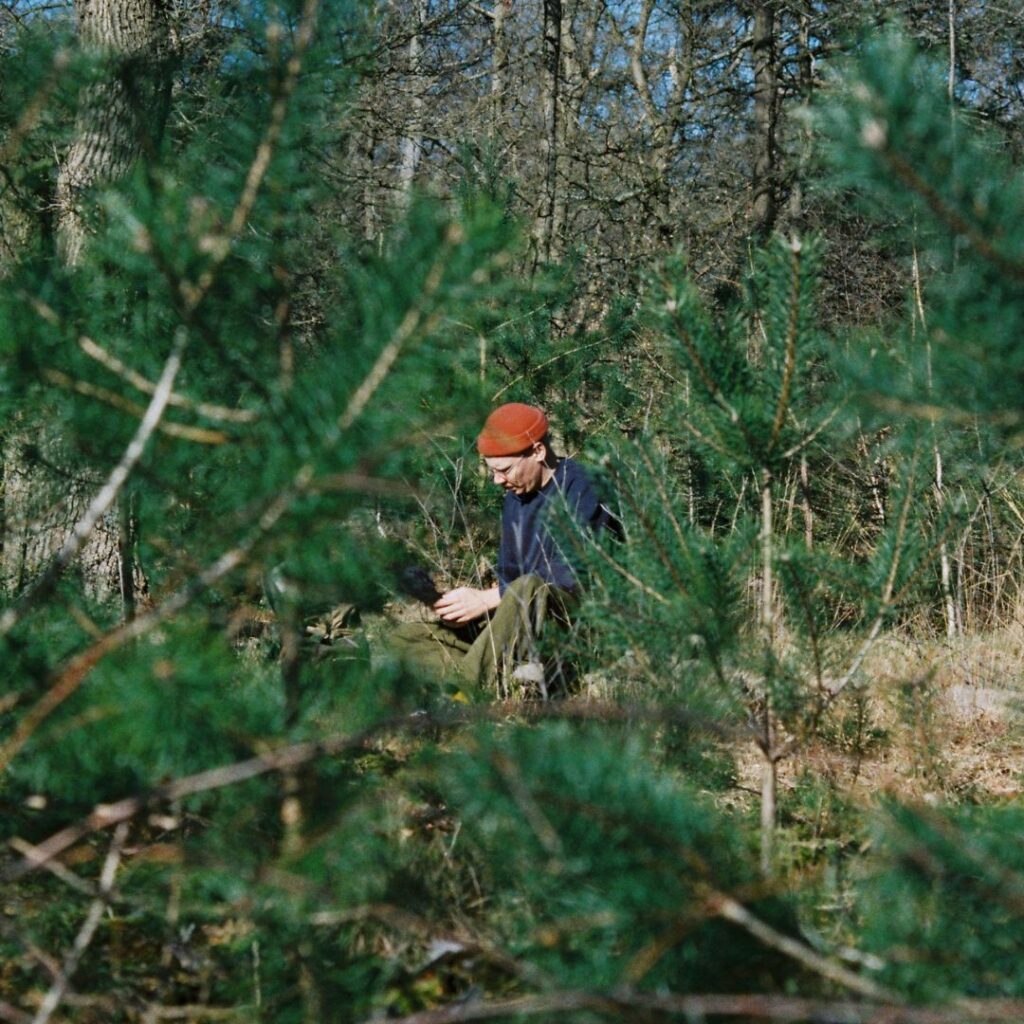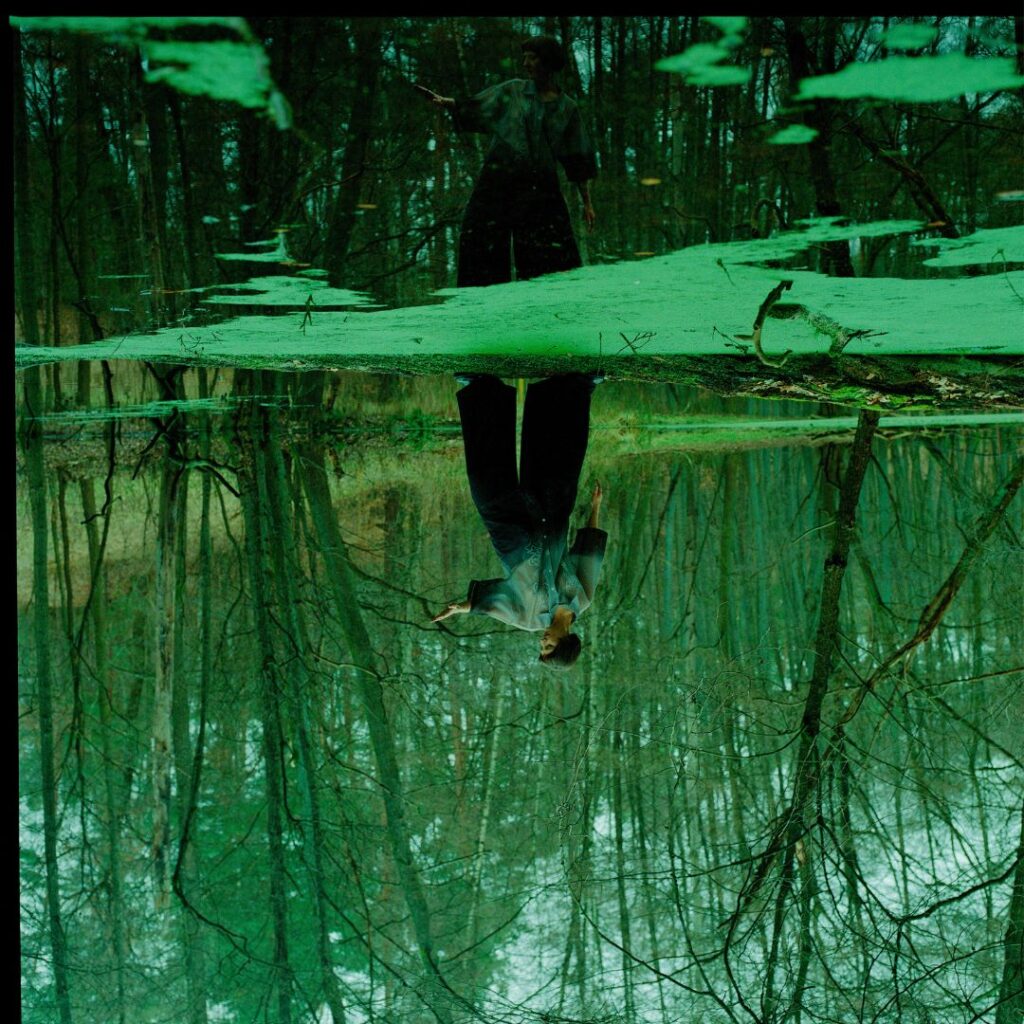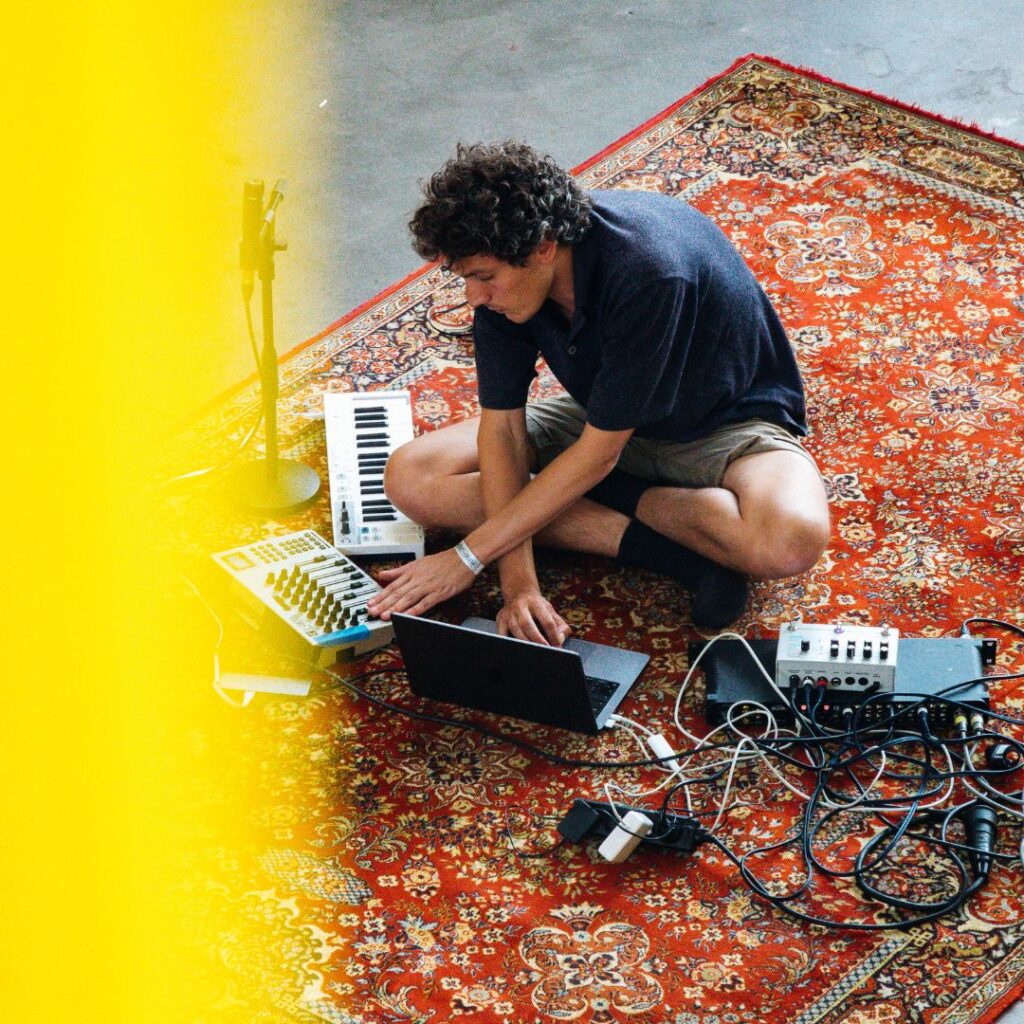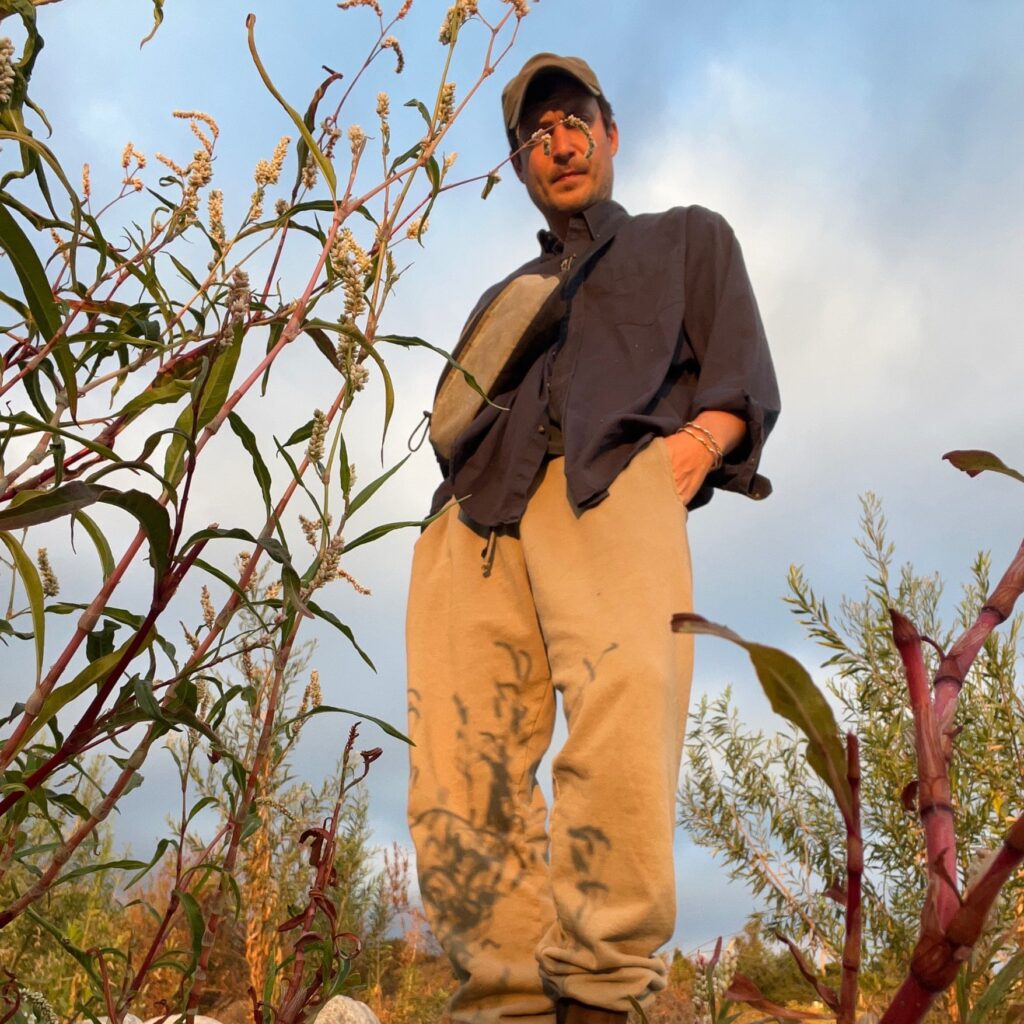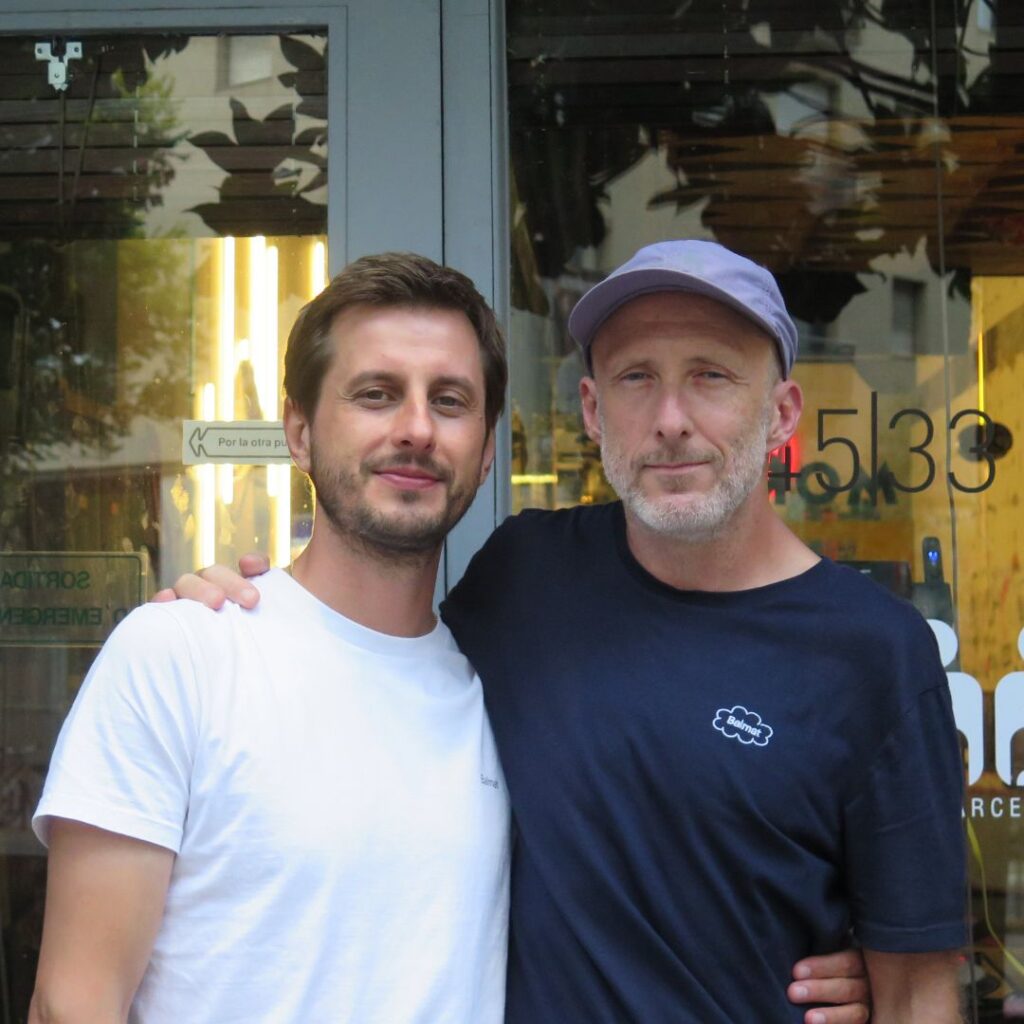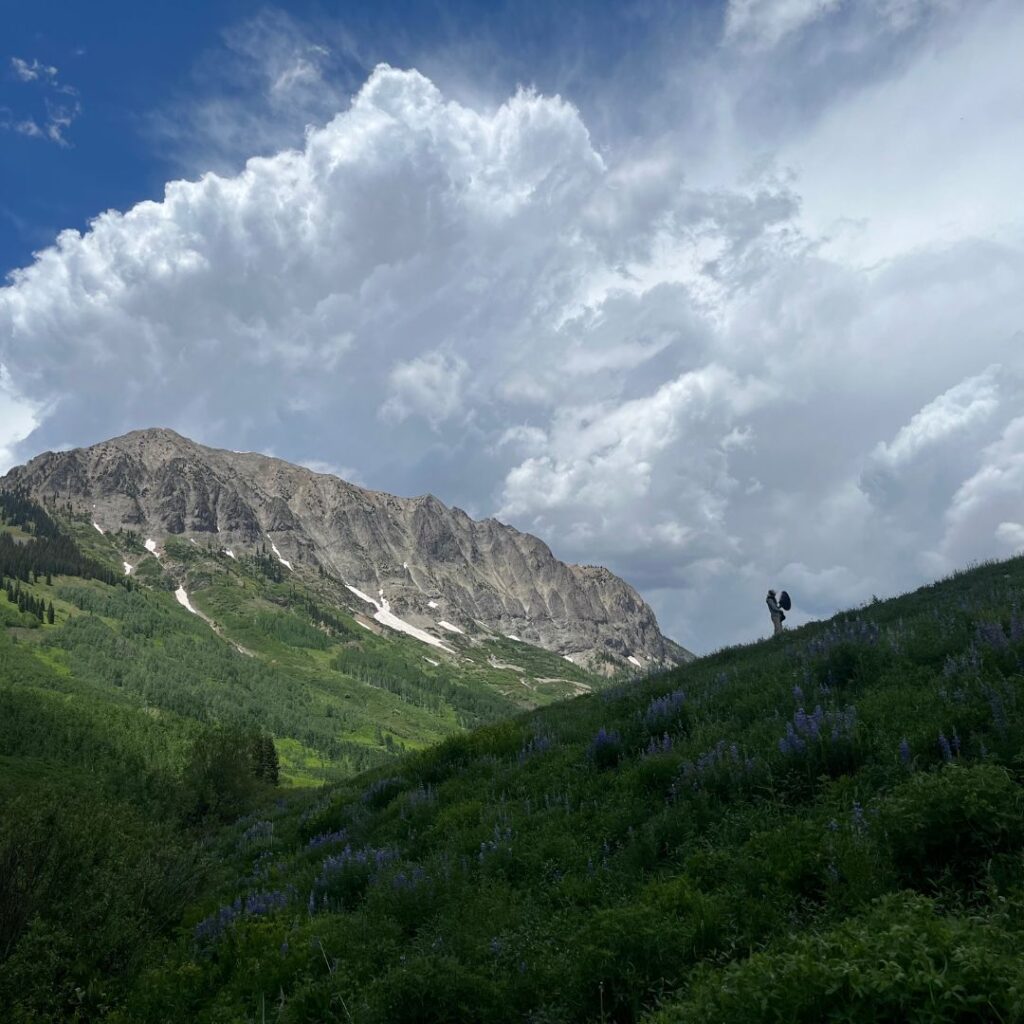Keeping the faith with Loris S. Sarid
february 23, 2024 · james portoraro
What permeates Loris S. Sarid’s work is unwritten and oftentimes unspoken. Have a listen yourself to find the thread that connects each project together. Lush electronic ecosystems blend harmoniously with live instrument recordings to create playful, sometimes nostalgic waves of sound.
In our conversation, Loris reminds us to approach his music playfully. Let his work dance around your earlobes…but don’t take it too seriously as he likes to point out. The playful, the childlike, the curious, let those take center stage.
At this point in your life, where do you find yourself drawing inspiration from?
Inspiration, as a concept, is pretty ephemeral. You can’t really capture it. For me, it often doesn’t work like that, where I see a thing and it gives me inspiration, and I want to make music about that thing. It’s more of a process for me, where I wake up in the morning and go straight to my station and start making anything. Sometimes inspiration arises, and I follow that. Sometimes, I don’t feel so inspired at all. With electronic music, there is less immediacy. You end up playing with the sound itself.
There’s a particular sense of texture in your music, many elements at play with each other, which brings about an immediate connection with nature – water, air, forest. Could you share a little more about that?
When I started creating ambient music more intentionally, I noticed that it is a language that creates its own dictionary. Take blues and jazz, for instance: each has its distinct rules and forms, just as every type of music does. Incorporating field recordings into ambient music is not new or unexpected. I’m not the first to do it, nor will I be the last. However, my definition of nature isn’t limited to plants or what we typically consider the natural world. My idea of nature is very broad. Even a city is part of nature. Nature is that big container that has everything in it. It’s less about the green world of vegetation and more about the human world of emotions. Sometimes we see things as somewhat magical, but it’s important to remember that it’s a language.
When you sit down at your workstation, is there an intention you put forward towards your listeners, or is it more about focusing on what’s directly in front of you?
My current philosophy in music-making is to create clarity so that listeners can understand what I’m hoping to express. Otherwise, it’s like speaking Arabic in China. I aim to communicate in a language that people somewhat understand, but with perhaps just a tweak in the accent or dialect. I don’t want to confuse anyone or deliver something incomprehensible – ensuring the message gets through is important. Now, it feels like I’m learning a new language.
And what is that other language exactly?
When I make music, it resembles formulating an argument in philosophy. The work I make always serves as a counterargument, completely opposing what I’ve previously made. It’s almost as if to say that what I did before was wrong. It’s a driving force, kind of like being in opposition to myself.
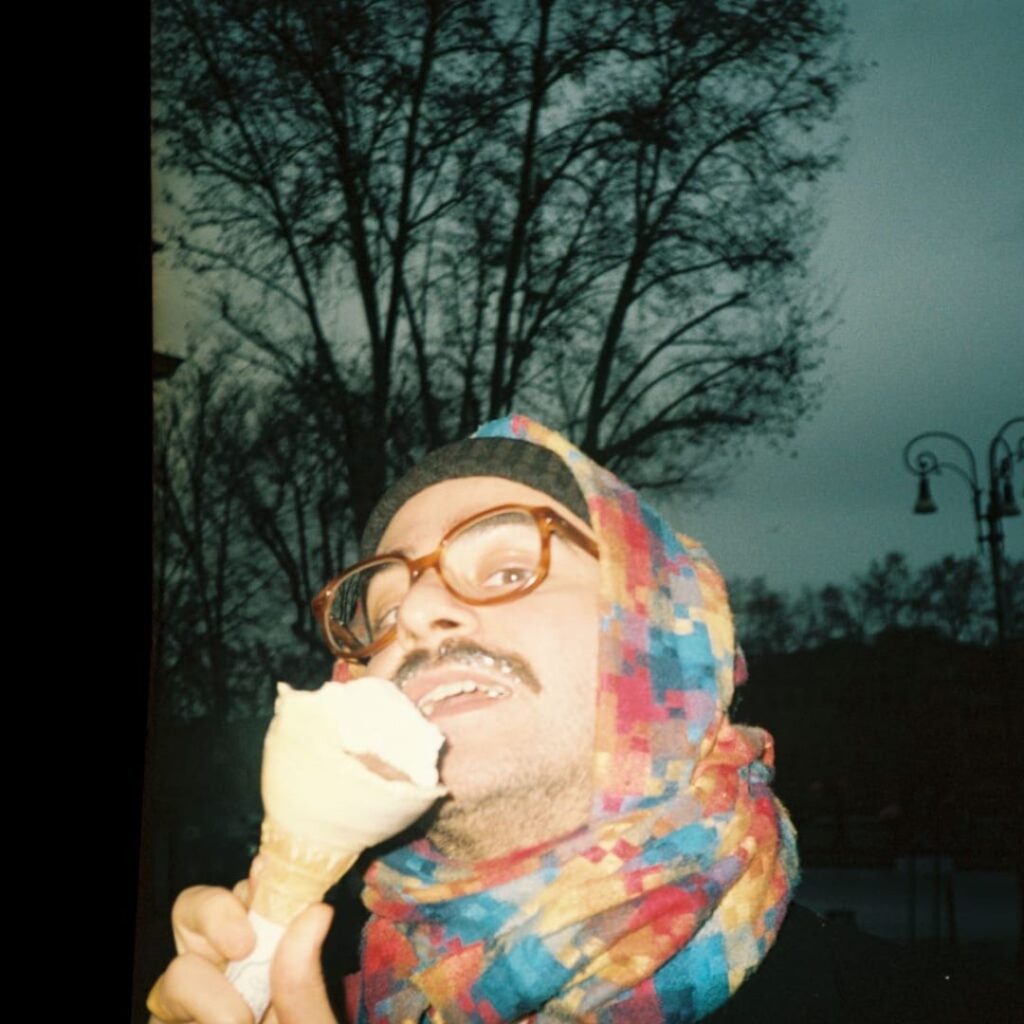
Did you study philosophy?
I previously studied philosophy and am continuing to do so.
In music, applying logic to filter out all the rhetoric is something I find really interesting. When making tunes, I always ask myself, “What’s the rhetoric? What elements aren’t necessary for setting the theme?” Over the years, I’ve found myself doing this increasingly.
In my early projects, I would create up to 70 tracks for a single project. Now, that number is reduced to about six. There’s a noticeable trend of expressing more with fewer elements. Philosophy has certainly had a significant impact on my practice.
When starting to make music, there’s also a natural tendency to lean on a familiar aesthetic, influenced by artists one admires. Referencing an album or artist in your work only builds on to what that artist intended to express. As you evolve, you start to develop your own voice. I find myself listening to music less than when I began, drawing inspiration from my surroundings in real time.
It’s different when someone shows you something, versus when you discover something yourself.
Absolutely. In my radio show, I strive for variety in each episode. I remember one particular episode focused on 1980s action movie ambient music, featuring films with Sylvester Stallone, Jean Claude Van Damme, and others. I enjoyed delving into those soundtracks to discover pieces I really like. Some parts are reminiscent of ’80s Japanese ambient music, but with an American twist. It’s almost like imagining Hiroshi Yoshimura growing up watching John Wayne!
That’s a great analogy.
I aim to challenge the current ambient aesthetic that’s arising. It’s very minimalist, very serious, and very arty. I’m realizing that this is often at the expense of fun, almost as if fun is a taboo.
In music, there’s a notion that to be taken seriously, one must present oneself seriously. People sometimes ask me, “Do you think this is serious, or is it just for fun?” But what’s the difference? Something can be both fun and very serious.
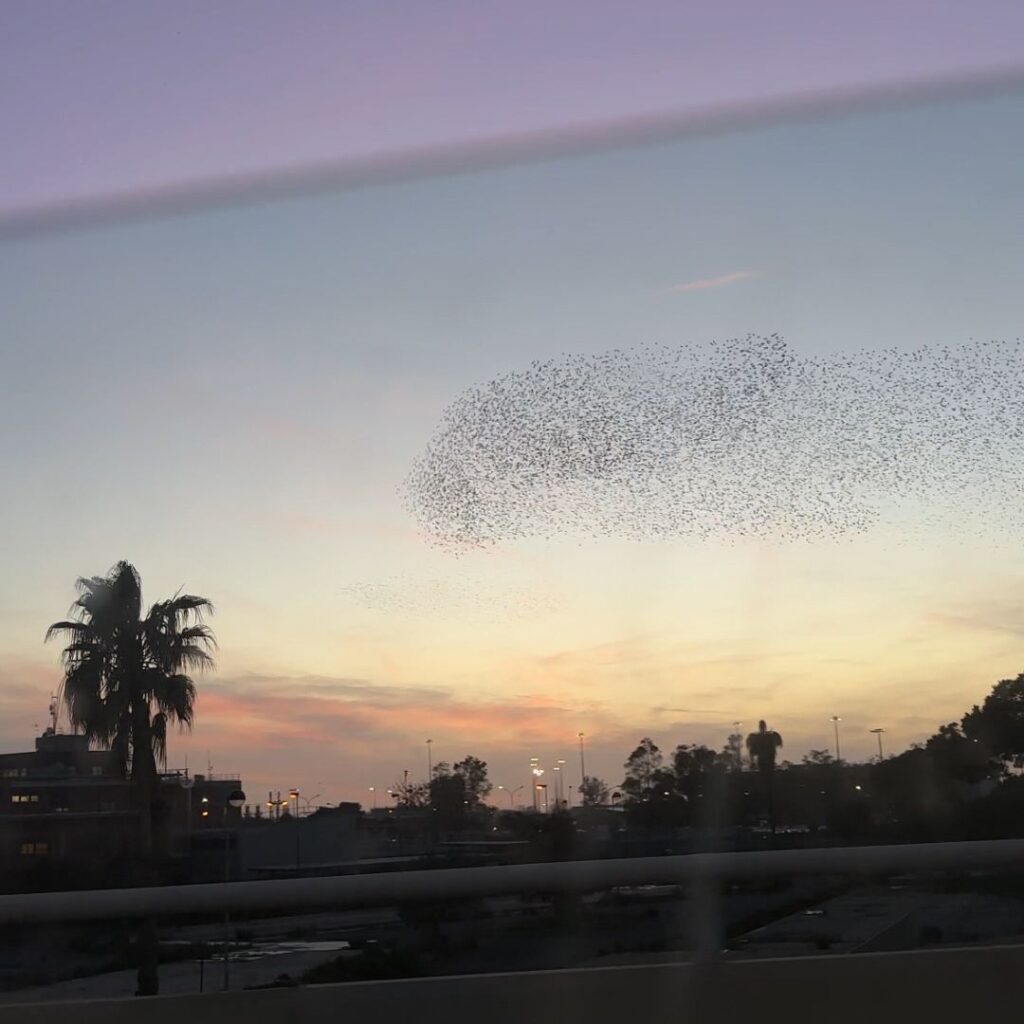
And is lightening things up your way of opposing that?
It’s almost like creating musical satire, you know?
Consider the piece I made for the Seasonal Diary compilation, which includes vocals. Currently, many artists in the ambient world are incorporating vocals. This made me think: how can I do that while keeping things serious yet fun? I recall a concept from my youth in Italy called Macaroni English – speaking in a way that mimics English sounds without using actual English words. I decided to adopt this approach because I think it’s funny.
I want to make people laugh. I also want to evoke a whole spectrum of emotions. As I’m not usually a serious person, I want that aspect of my personality to reflect in my work.
Is there an instrument or machine that is at the core of your practice?
Definitely my laptop. I don’t often view things as magical, but I see my laptop as a sort of magical artifact, a portal to numerous worlds. I find it an incredible innovation and, in my opinion, the most democratic development in the world of music. It allows anyone to create music anywhere. It might not be as aesthetically pleasing as hardware, but I believe one day we’ll fetishize laptops just as we do hardware now. That’s already happening now. I own synthesizers and occasionally use them, but I find myself using them less.
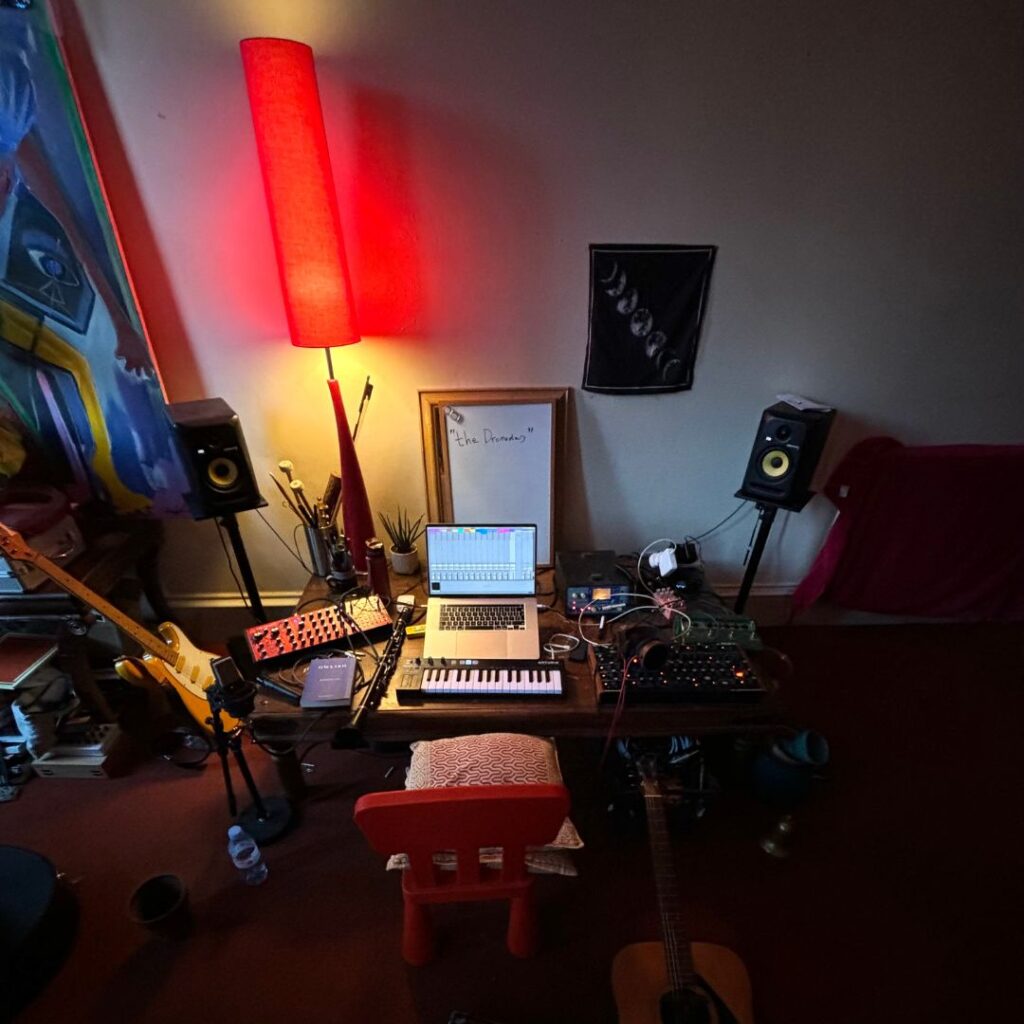
Was there a transition for you musically when moving from Rome to Glasgow?
When I arrived in Glasgow, I was primarily focused on guitar and vocals, then I started seeing people in Glasgow do different things. That was very inspiring. I’d say Glasgow is responsible for about 50% of the shift in my music. The other 50% comes from Bandcamp and the online world. You do create music influenced by where you live, though. If I make music in my room, it is always a reflection of the vibe around me. Perhaps a song doesn’t sound as good in Glasgow, unlike in Rome where it was sunny and hot when I created it.
It’s fascinating how that extends beyond music to other forms of art and even political expression.
Place is like a person, and for me, Glasgow feels like a person that is with me when I make things.
When do you work best?
I’ve tried to establish set times for myself, but it never seems to work that way. I sometimes do nothing else all day other than make music, almost like taking vows and becoming a priest. It feels like the priesthood of sound to me. As a matter of gratitude, whenever music has something to say, I feel I need to be there for it.
Here’s an analogy: Picture a man stranded at sea on a piece of floating wood after his boat sank. He prays to God, pleading, “God, please come and save me.” He sends this prayer out into the vastness. Then, a boat arrives, and someone calls out to him, asking, “Do you need a hand?” The man responds, “No, God will come and save me.”
It’s similar with music. You must always have faith in everything that comes your way.

